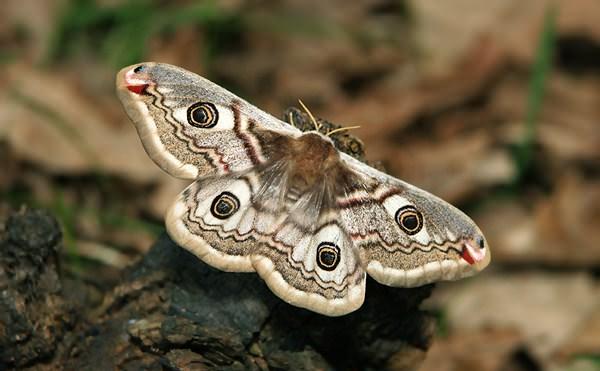
He handed the cigarette to her and took from her a large, clothbound book, black with a red spine. It was an accounts ledger, swollen to twice its normal thickness, like a book left out in the rain, from all the things pasted into it. When he turned to the first page, he found the words "Airplane Dream #13" written in an odd, careful hand like a scattering of spindly twigs.
- "Numbered," he said. "It's like a comic book."
- "Well, there are just so many. I'd lose track."
"Airplane Dream #13" told the story, more or less, of a dream Rosa had had about the end of the world. There were no human beings left but her, and she had found herself flying in a pink seaplane to an island inhabited by sentient lemurs. There seemed to be a lot more to it—there was a kind of graphic "sound track" constructed around images relating to Peter Tchaikovsky and his works, and of course abundant food imagery—but this was, as far as Joe could tell, the gist. The story was told entirely through collage, with pictures clipped from magazines and books. There were images from anatomy texts, an exploded musculature of the human leg, a pictorial explanation of peristalsis. She had found an old history of India, and many of the lemurs of her dream-apocalypse had the heads and calm, horizontal gazes of Hindu princes and goddesses. A seafood cookbook, rich with color photographs of boiled Crustacea and poached whole fish with jellied stares, had been thoroughly mined. Sometimes she inscribed text across the pictures, none of which made a good deal of sense to him; a few pages consisted almost entirely of her brambly writing, illuminated, as it were, with collage. There were some penciled-in drawings and diagrams, and an elaborate system of cartoonish marginalia like the creatures found loitering at the edges of pages in medieval books. Joe started to read sitting down in her desk chair, but before long, without noticing, he had risen to his feet and started pacing around the room. He stepped on a moth without noticing.
- "These must take hours," he said.
- "Hours."
- "How many have you done?"
She pointed to a painted chest at the foot of her bed. "A lot."
- "It is beautiful. Exciting."
He sat down on the bed and finished reading, and then she asked him about what he did. Joe permitted himself, for the first time in a year, to consider himself, under the pressure of her interest in him and what he did, an artist. He described the hours he had put into his covers, lavishing detail on the flanges and fins of a death-wave generator, distorting and exaggerating his perspectives with mathematic precision, dressing up Sammy and Julie and the others and taking test photographs to get his poses right, painting luscious plumes of fire that, when printed, seemed to burn the slick ink and paper of the cover itself. He told her about his experiments with a film vocabulary, his sense of the emotional moment of a panel, and of the infinitely expandable and contractible interstice of time that lay between the panels of a comic book page. Sitting on Rosa's moth-littered bed, he felt a resurgence of all the aches and inspirations of those days when his life had revolved around nothing but Art, when snow fell like the opening piano notes of the Emperor Concerto, and feeling horny reminded him of a passage from Nietzsche, and a thick red-streaked dollop of crimson paint in an otherwise uninteresting Velazquez made him hungry for a piece of rare meat.
At some point, he noticed that she was looking at him with a strange air of expectancy, or dread, and he stopped. "What is it?"
- "Lampedusa," she said.
- "What's that? Lampedusa?"
Her eyes widened as she waited, in expectancy or dread. She nodded.
- "You mean the island?"
- "Oh!" She threw her arms around his neck, and he fell backward on the bed. Moths scattered. The sateen coverlet brushed against his cheek like a moth's wing.
The Amazing Adventures of Kavalier & Clay, Michael Chabon. p.251.
No hay comentarios.:
Publicar un comentario